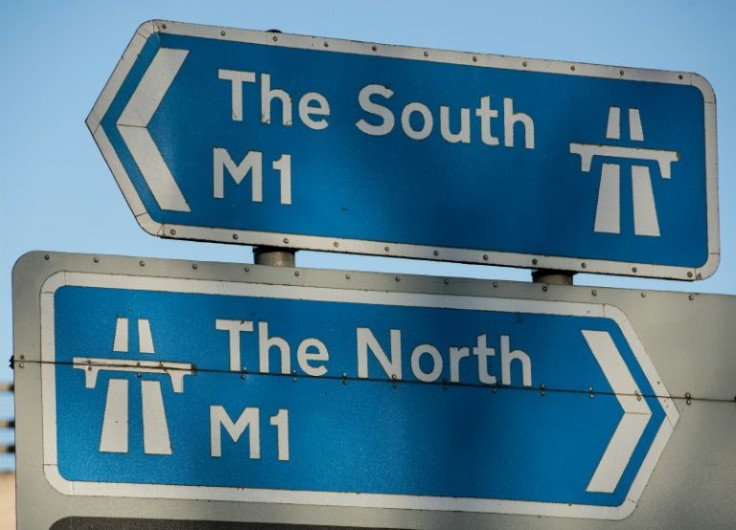UK Puts New 'Smart Motorways' On Hold
Britain will pause the rollout of new "smart motorways" for five years while it gathers safety data on those already operational, following criticism that they are dangerous, the government announced Wednesday.
Campaigners and the high-selling tabloid the Daily Mail have led resistance against the high-speed roads, in which variable speed limits are introduced and the hard shoulder is used as a normal lane, unless it is required by emergency vehicles or a broken down vehicle.
Signs above the road tell motorists which lanes are in use.
The government, in announcing the pause, maintained that smart motorways "are comparatively the safest roads in the country in terms of fatality rates", but said it would carry out more safety tests before considering their future.

Those roads already in operation will be upgraded, although the hard shoulders will not be reinstated.
"While our initial data shows that smart motorways are among the safest roads in the UK, it's crucial that we go further to ensure people feel safer using them," said Transport Secretary Grant Shapps.
He said the pause on new smart motorways and the upgrading existing ones would help provide additional data to decide on further steps.
The roads began to appear at the turn of the century, and have gradually become more prevalent.
While accidents between moving vehicles are reported to have fallen, there has been an increase in the number of accidents in which moving vehicles, unaware that the left lane is serving as a hard shoulder, collide with a stationary vehicle.
© Copyright AFP 2024. All rights reserved.





















